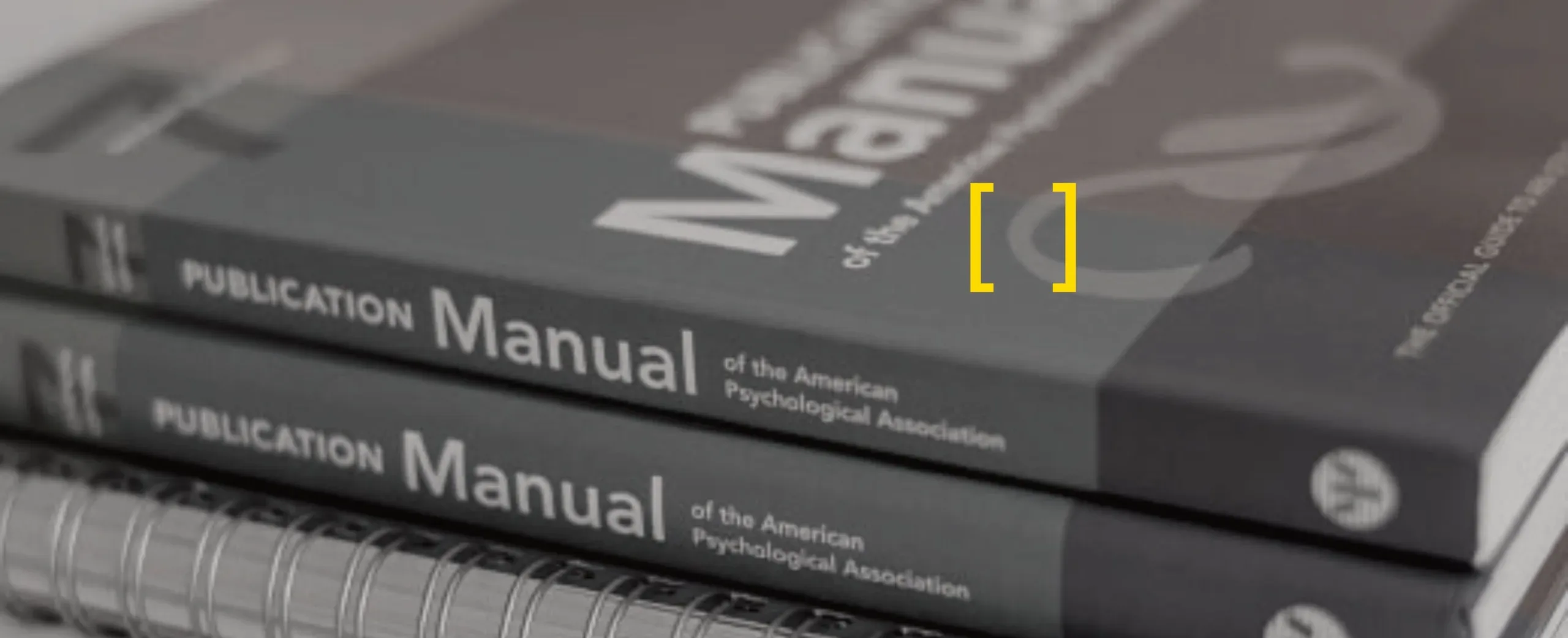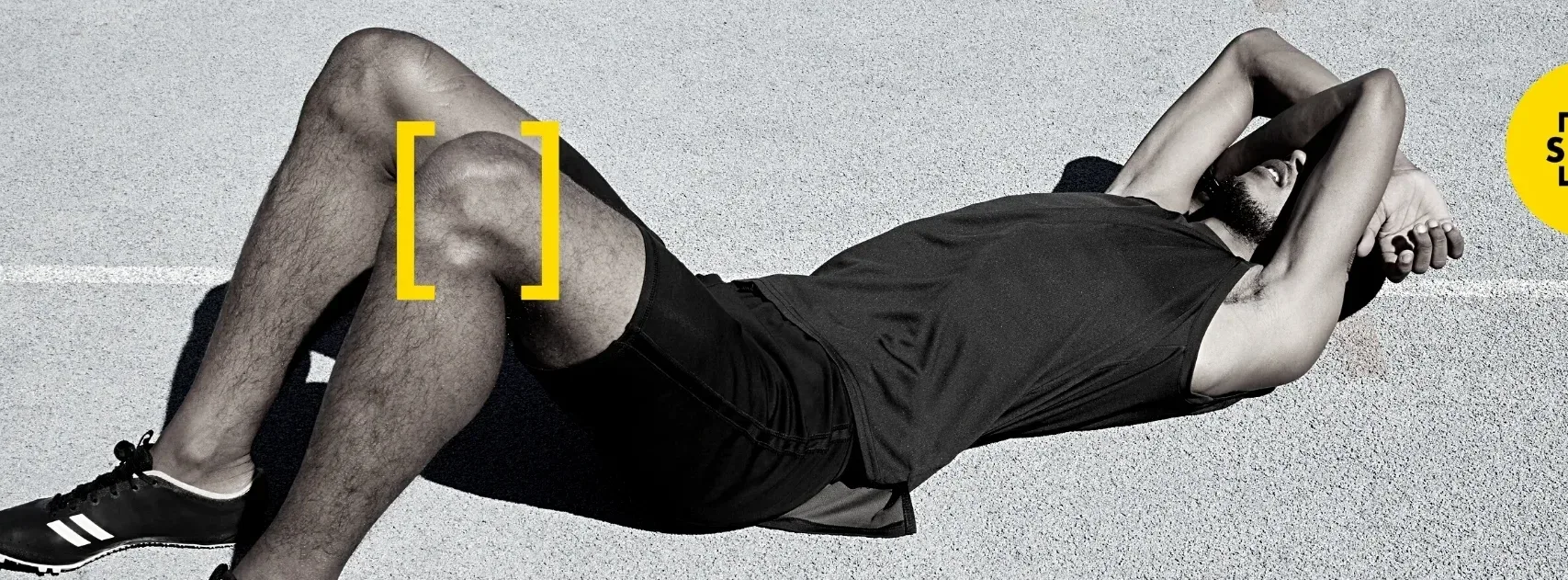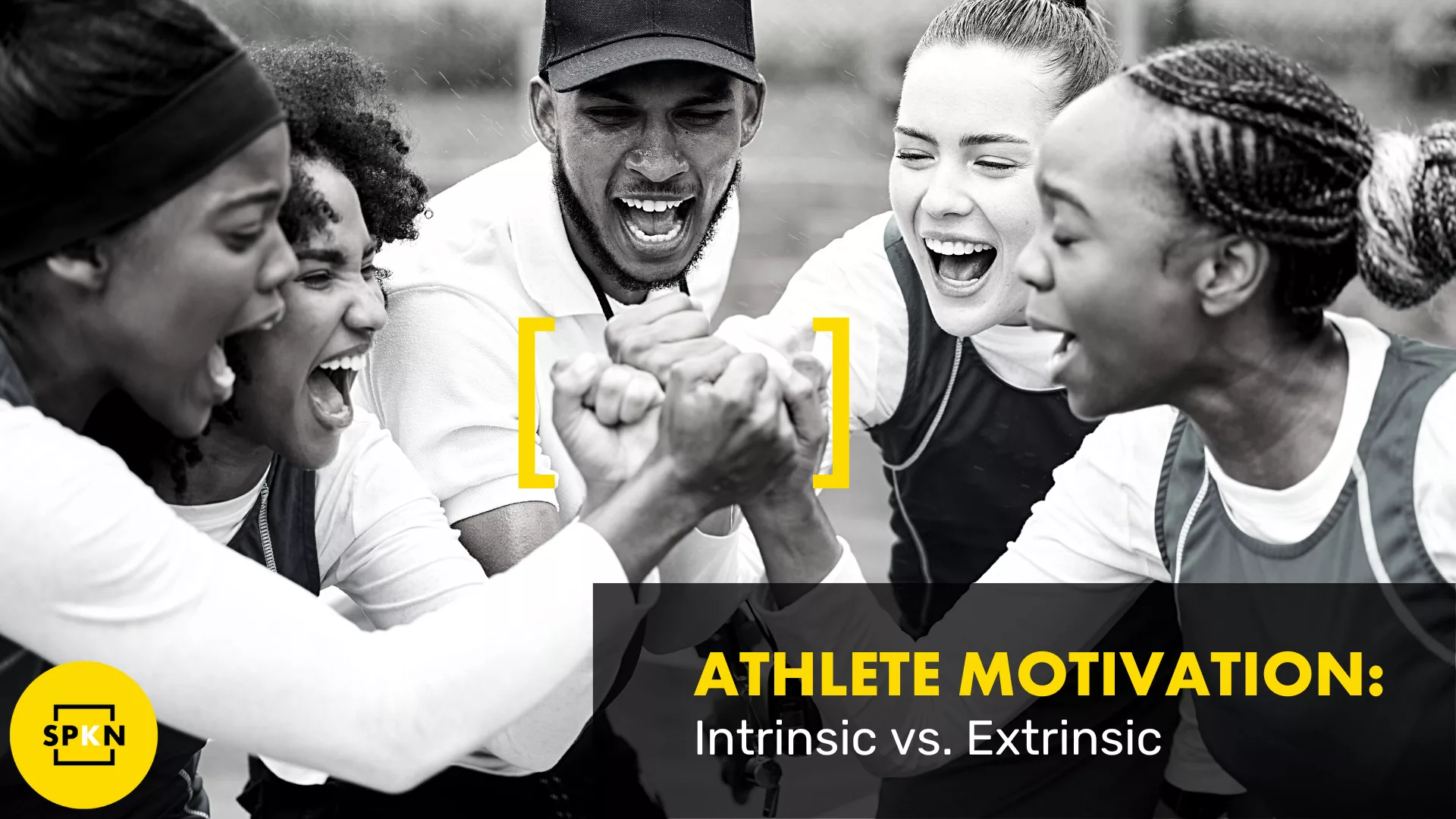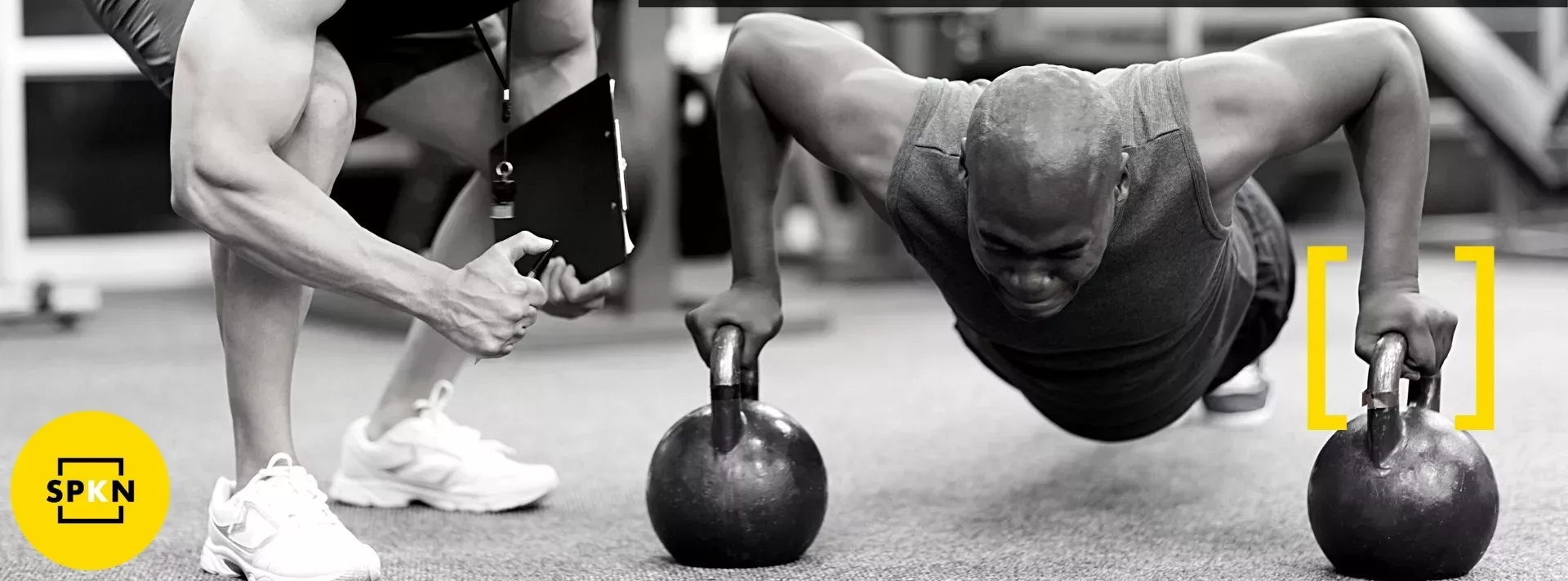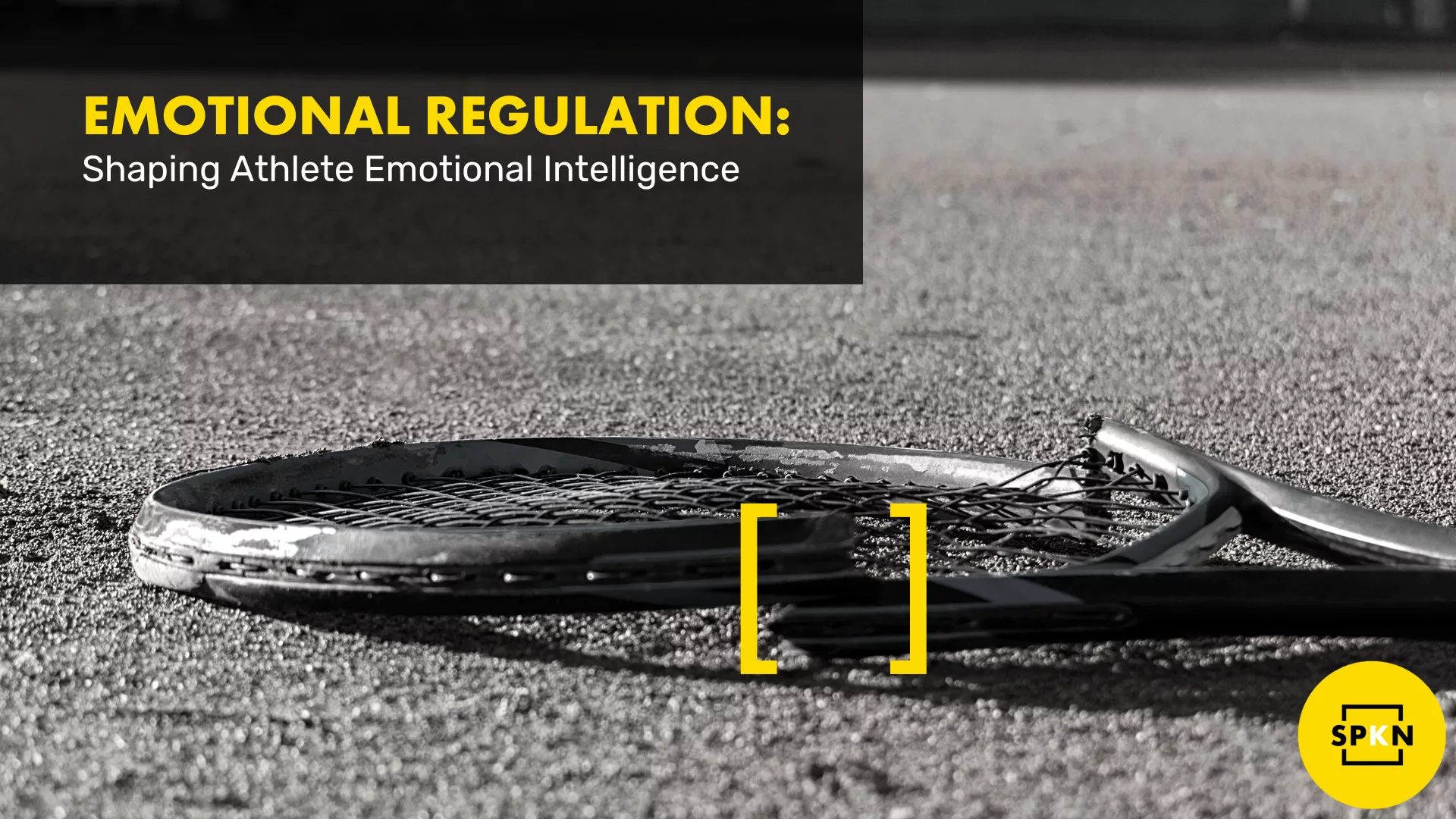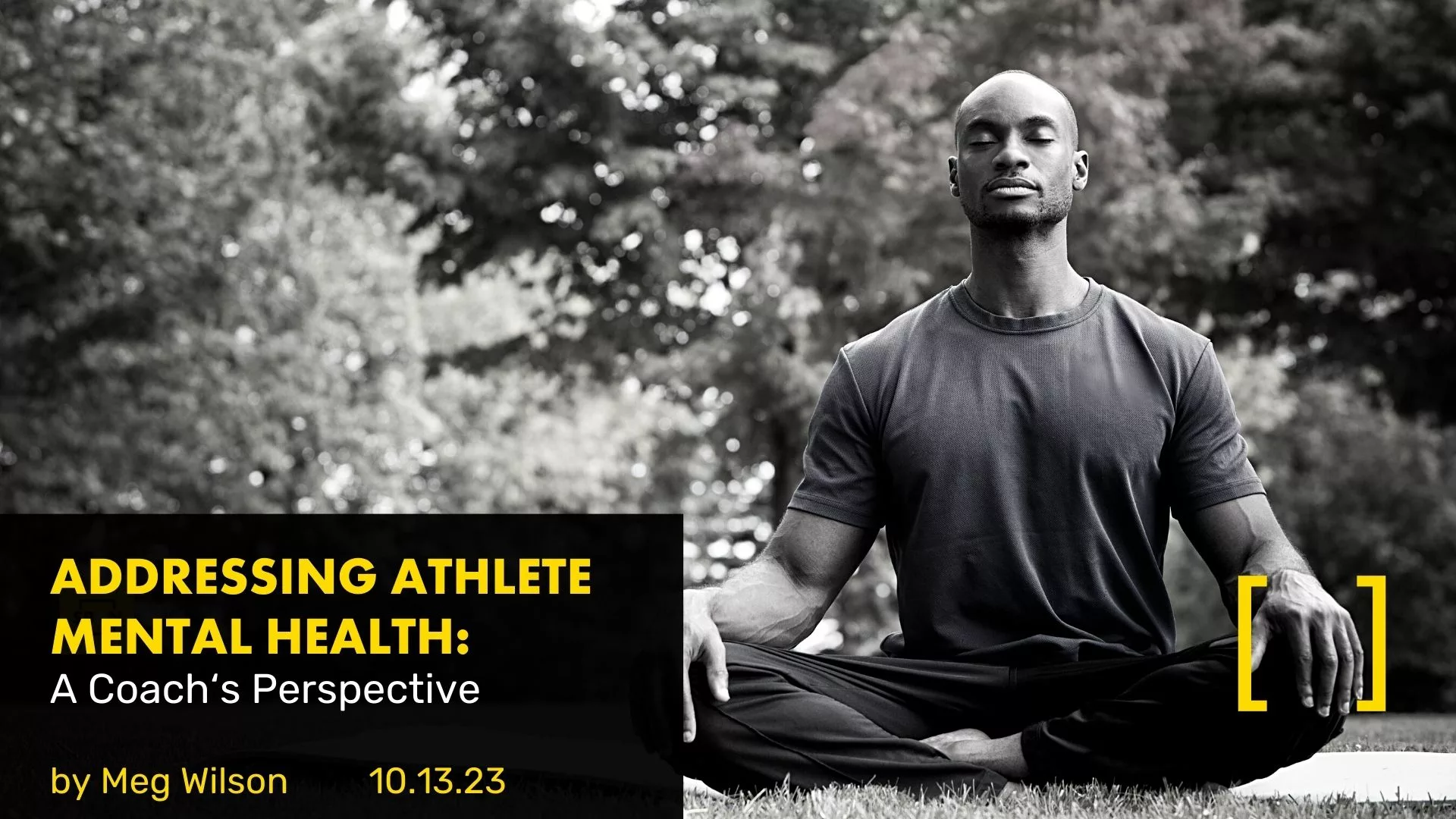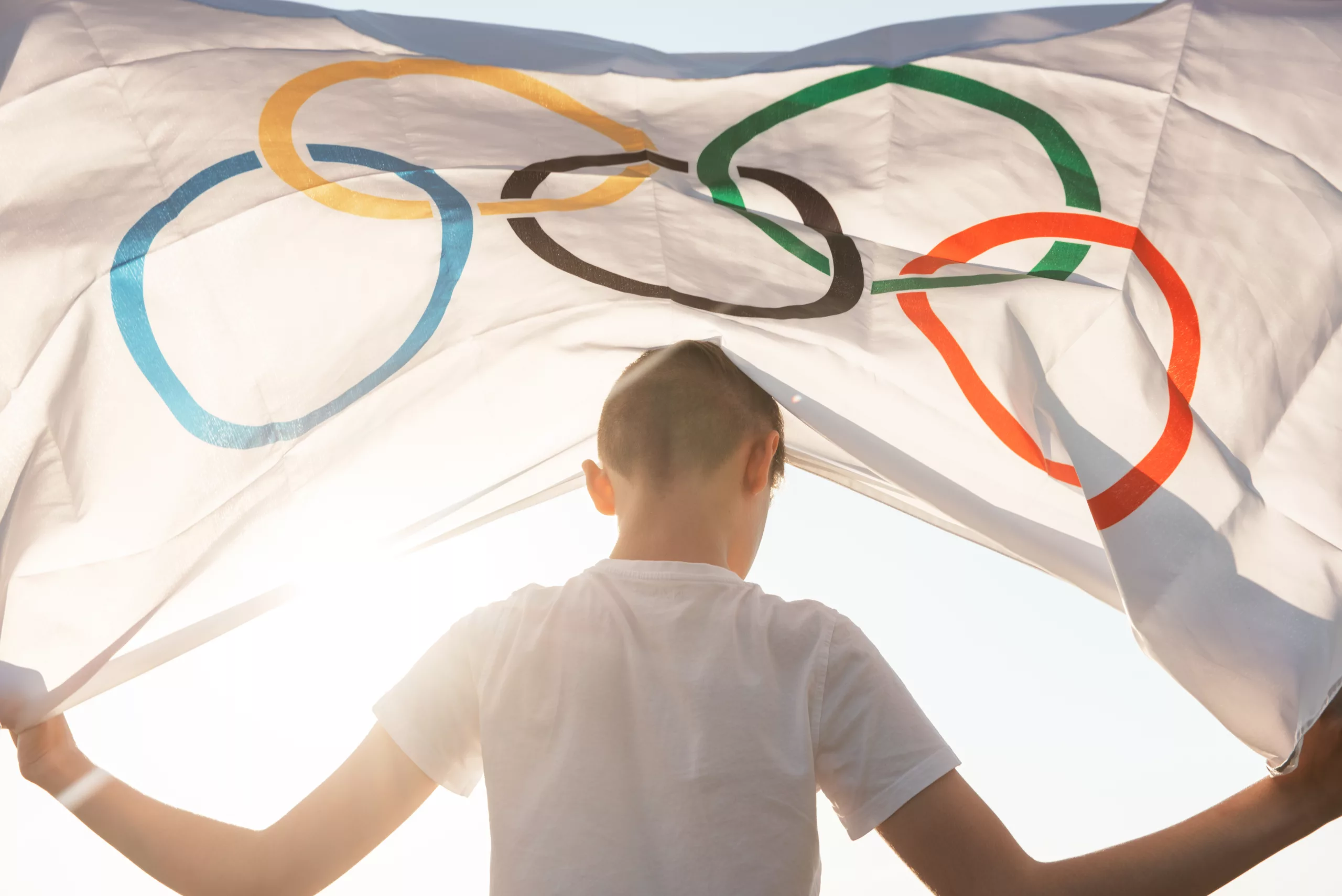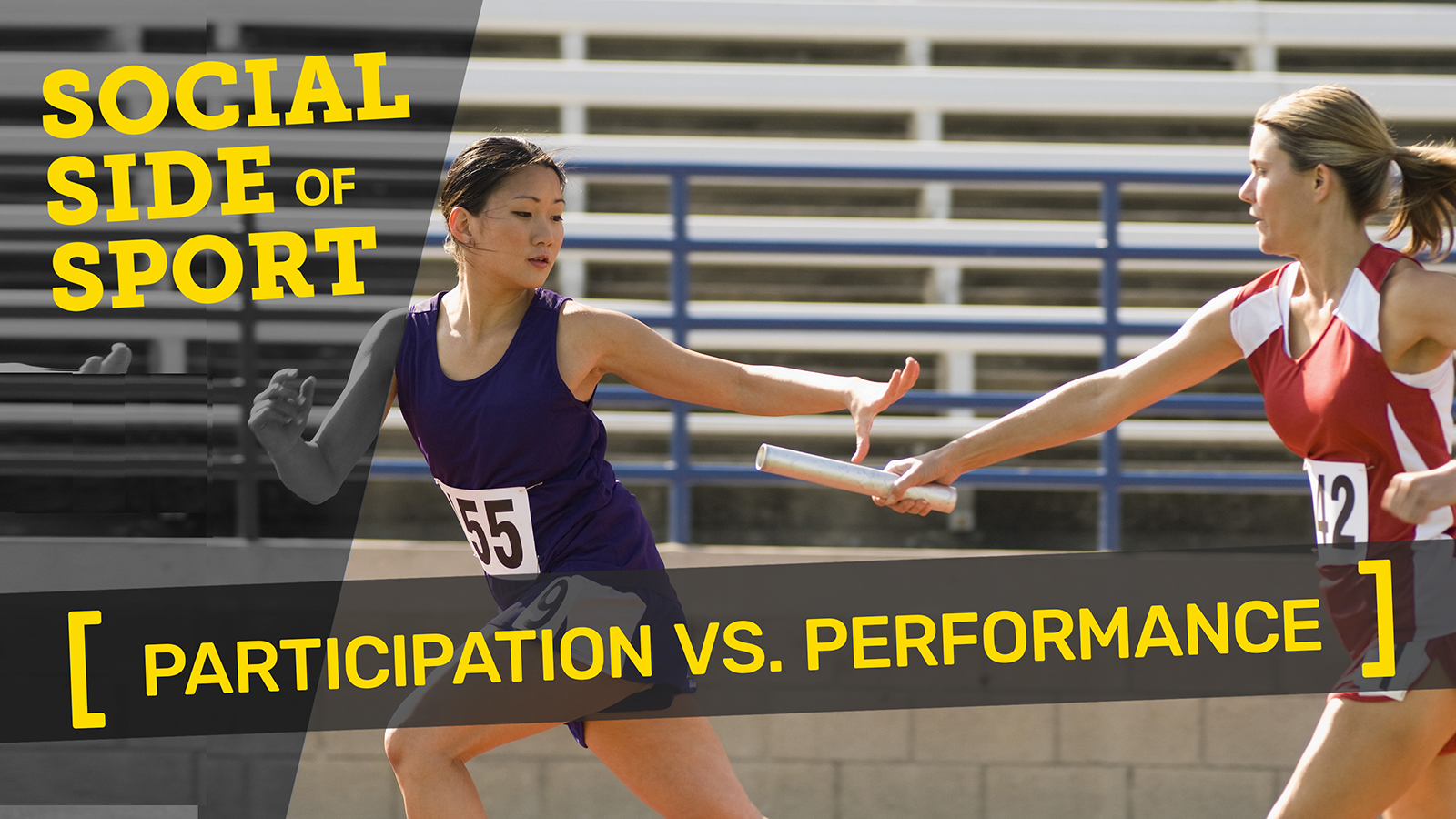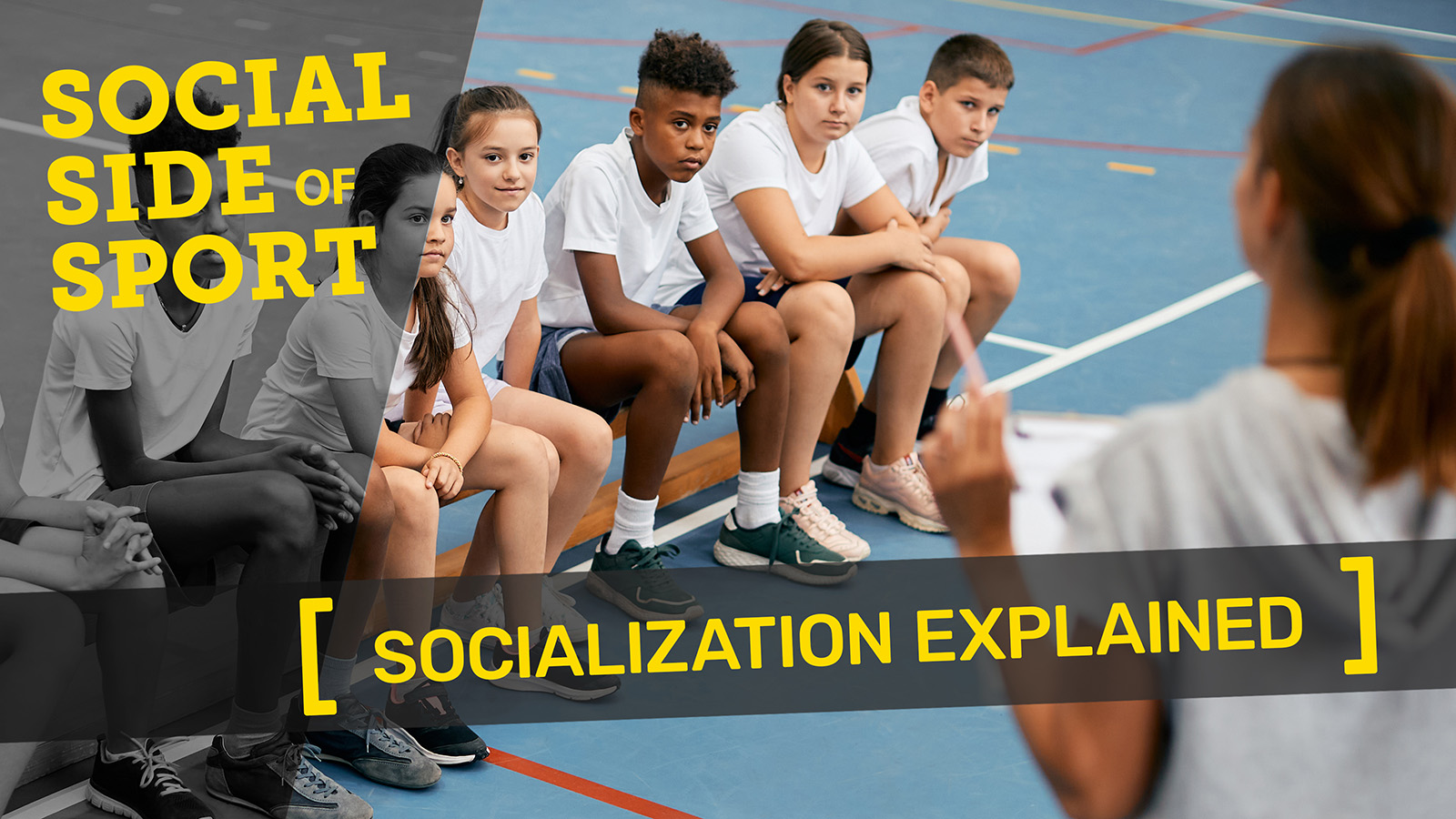In the field of sport, anxiety is a pervasive occurrence among athletes. As sport leaders, it is imperative to comprehend and address this issue to optimize our athlete’s performance and overall mental well-being. This article will delve into ten proven strategies that can aid athletes in managing anxiety. These strategies are derived from numerous research studies and practical insights.
Understanding Anxiety in Athletes
Anxiety, particularly performance-related anxiety, is frequently linked with competitive sports. This state is characterized by a blend of psychological and physiological components, culminating in feelings of fear, uneasiness, and worry. It’s crucial to note that a certain degree of anxiety can be beneficial as it can instigate the adrenaline rush necessary for competition. However, when anxiety becomes excessive, it can obstruct performance and adversely impact an athlete’s mental health.
Cultivating a Positive Mindset
The way athletes perceive anxiety significantly influences their performance. Successful athletes often interpret anxiety symptoms as excitement or an adrenaline rush preparing them for the competition. In contrast, less confident athletes may perceive these same symptoms as doubt and tension, leading to a decrease in performance. As coaches, we can help our athletes cultivate a positive mindset by encouraging them to interpret anxiety as a source of motivation and excitement, not a hindrance.
Focusing on Performance Over Winning
One effective strategy to alleviate competition anxiety is to shift the focus from winning to performing well. Athletes often face immense pressure to win, which can heighten their anxiety levels. As a coach, encourage them to concentrate on their performance and the small factors that contribute to performing well. This approach can significantly lessen pressure and contribute to a positive outcome.
Establishing Attainable Goals
Setting realistic and measurable goals can also assist athletes in managing their anxiety. Goals should be challenging yet achievable, providing a clear direction for athletes. Vague or overly easy goals do not offer much structure or motivation. Encourage athletes to work towards their goals, emphasizing that progress is more important than perfection.
Preparing for Worst-Case Scenarios
One of the major contributors to performance anxiety is uncertainty. Athletes often fear repeating previous mistakes or feel unprepared for the competition. Coaches can help reduce this uncertainty by preparing athletes for worst-case scenarios. This could include a backup warm-up routine or a contingency plan for unexpected events. Such preparation can boost athletes’ confidence and reduce anxiety.
Employing Cue Statements
Cue statements are concise, positive phrases that can assist athletes in regaining their focus during a competition. These statements should create a visual image of the athlete’s desired performance and help them concentrate on the task at hand. Regular practice of these cue statements can be an effective tool for managing anxiety.
Implementing Cognitive Rehearsal and Visualization
Many athletes find that visualizing a successful performance can boost their confidence and reduce anxiety. Cognitive rehearsal and visualization involve mentally practicing a skill or performance, which can contribute to a feeling of preparedness. Coaches can incorporate these techniques into their training regimens to help athletes manage their anxiety.
Encouraging Positive Self-Talk
Positive self-talk can be a potent tool in combating anxiety. Athletes often engage in negative self-talk when they make a mistake, which can increase their anxiety levels. Coaches can help athletes recognize this negative self-talk and work towards replacing it with positive affirmations.
Emphasizing the Importance of Breathing
Breathing exercises are a simple yet often overlooked strategy for managing anxiety. During stressful situations, athletes may resort to shallow breathing, which can exacerbate anxiety. Encourage athletes to take deep breaths during competitions to refocus and re-center themselves.
Ensuring Proper Preparation
Feeling unprepared can significantly contribute to performance anxiety. As a coach, we can ensure that our athletes feel confident in their preparation. This includes taking practice sessions seriously and giving their best effort consistently. When athletes trust their training, they are likely to feel more confident and less anxious.
In conclusion, helping athletes manage their anxiety requires a multifaceted approach. As coaches, our role is crucial in creating an environment that encourages a positive mindset, proper preparation, and effective coping strategies. Remember, the goal is not to eliminate performance anxiety completely but to help athletes channel it into a source of motivation and energy.
Always keep learning, growing, & pushing the boundaries of what is possible. Stay Curious and Inspired!
➡️ For more insights on this and other topics, visit our website www.SPKNmedia.org. Don’t miss future issues of the SPKN Knowledge Nugget – SUBSCRIBE TODAY.
Resources:
- Valle, V. (2016). Fitness and Performance Featured Expert. Johns Hopkins All Children’s. Link https://www.hopkinsallchildrens.org/Health-CareProfessionals/Newsroom/Article/814/Fitness-and-Performance-Featured-Expert
- Graef, S. (2017). Sports Psychologist Shares P.E.R.F.E.C.T. Strategies for Reducing Stress. Ohio State University Wexner Medical Center. Link https://wexnermedical.osu.edu/blog/sports-psychologist-shares-strategies-for-reducing-stress
- NiiLampti, N. (2018). 10 Ways to Combat Performance Anxiety in Competition. NFLPA https://www.nflpa.com/players/news/10-ways-to-combat-performance-anxiety-in-competition
- Nien, J. T., Gill, D. L., Chou, T. Y., Liu, C. S., Geng, X., Hung, T. M., & Chang, Y. K. (2023). Effect of brief mindfulness and relaxation inductions on anxiety, affect and brain activation in athletes. Psychology of Sport and Exercise, 67, 102422.
- Weber, S. R., Winkelmann, Z. K., Monsma, E. V., Arent, S. M., & Torres-McGehee, T. M. (2023). An examination of depression, anxiety, and self-esteem in collegiate student-athletes. International Journal of Environmental Research and Public Health, 20(2), 1211.
- Ziesmer, K. (2018). 8 Ways to Reduce Anxiety and Promote Sleep with Nutrition. TrueSport https://truesport.org/anxiety-sleep-nutrition/



